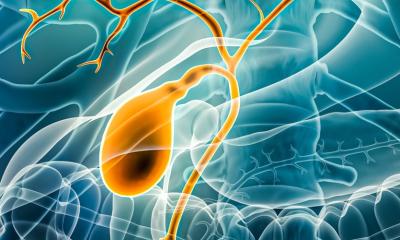Oncology
Deepening knowledge of the cancer genome
The term ‘cancer’ describes more than 200 different diseases and every single one needs to be clearly understood and requires, ideally, individual treatment. To do this we need to deepen our understanding the cancer genome.
Report: Anja Behringer

‘In the ageing population the ‘cancer’ diagnosis increases but, thanks to modern medicine, mortality decreases,’ declared Professor Christof von Kalle, Speaker of the Board of the National Centre for Tumour Diseases (NCT) at the German Cancer Research Centre (DKFZ) in the Helmholtz Society during the European Cancer Research Congress in Munich.
Dr von Kalle, who heads the NCT Translational Oncology Department, is particularly pleased with the excellent technological facilities that will advance interdisciplinary personalised cancer medicine above all in genomics, proteomics, imaging, radiotherapy, immunology and prevention. Today patients’ tumour cell genes can be analysed to design a custom-made therapy.
Beyond primary tumour cells, metastases have become a major object of interest in cancer research. For decades scientists have assumed that the protein coding is the most important – if not the only – function of the genome, with the genes providing the necessary ‘coding plan’. Surprisingly, however, only about two percent of the genome is indeed protein-coding sequences while 98% do not carry any coding information at all. Nevertheless, 70-90% of the genome is translated into the language of the messenger: ribonucleic acid (RNA). These non-coding RNA molecules, copies of the genome without protein codes, are important products of the genome.
Members of the Helmholtz junior researcher group ‘Molecular RNA Biology & Cancer’ at Heidelberg University Hospital focus on this ‘young’ class of molecules. The scientists assume that they play an important role in cancer development and therefore might be important biomarkers or target structures for therapies.
Dr Sven Diederichs, Head of the junior researchers group, reports that they could link one of these non-coding RNA molecules to lung cancer progression. The RNA is associated with the development of metastases – the cause of death in the majority of patients who suffer lung cancer, responsible for more deaths worldwide than any other type of cancer.
07.01.2015











